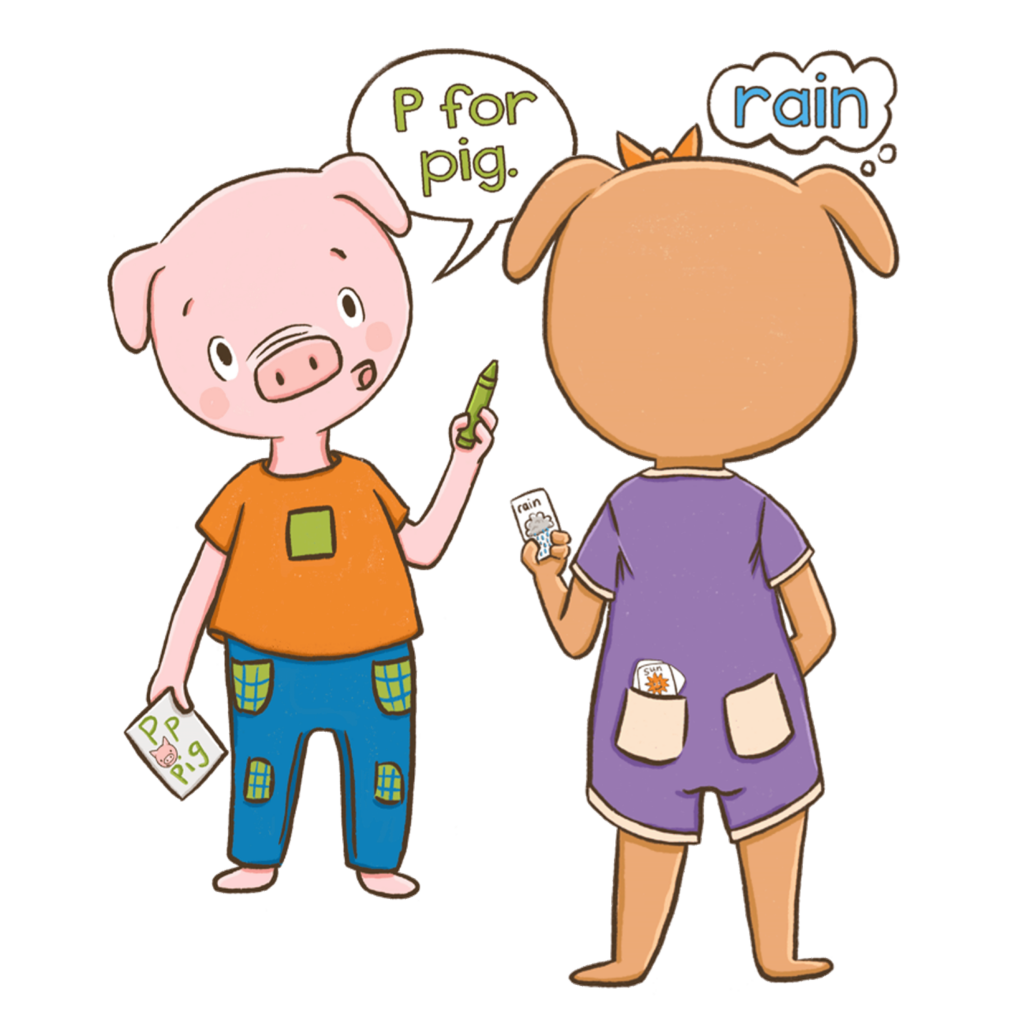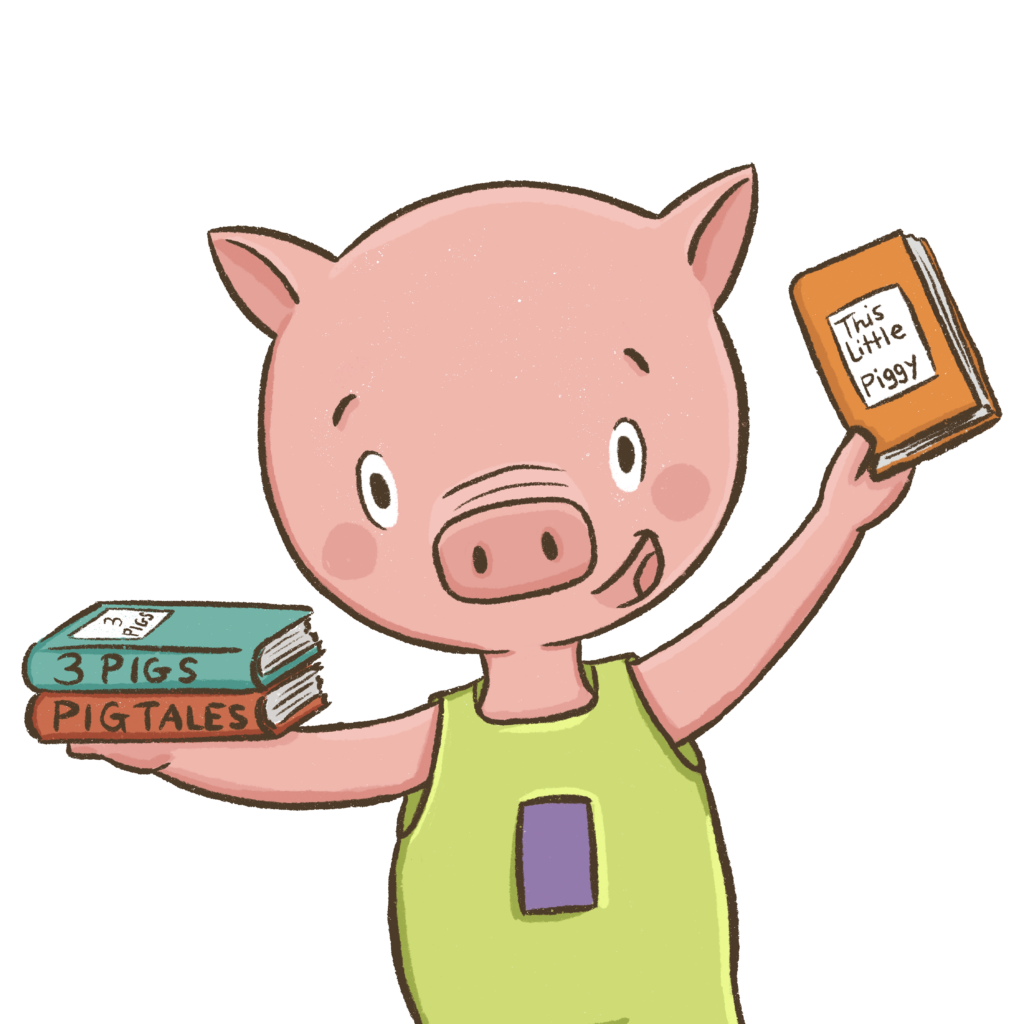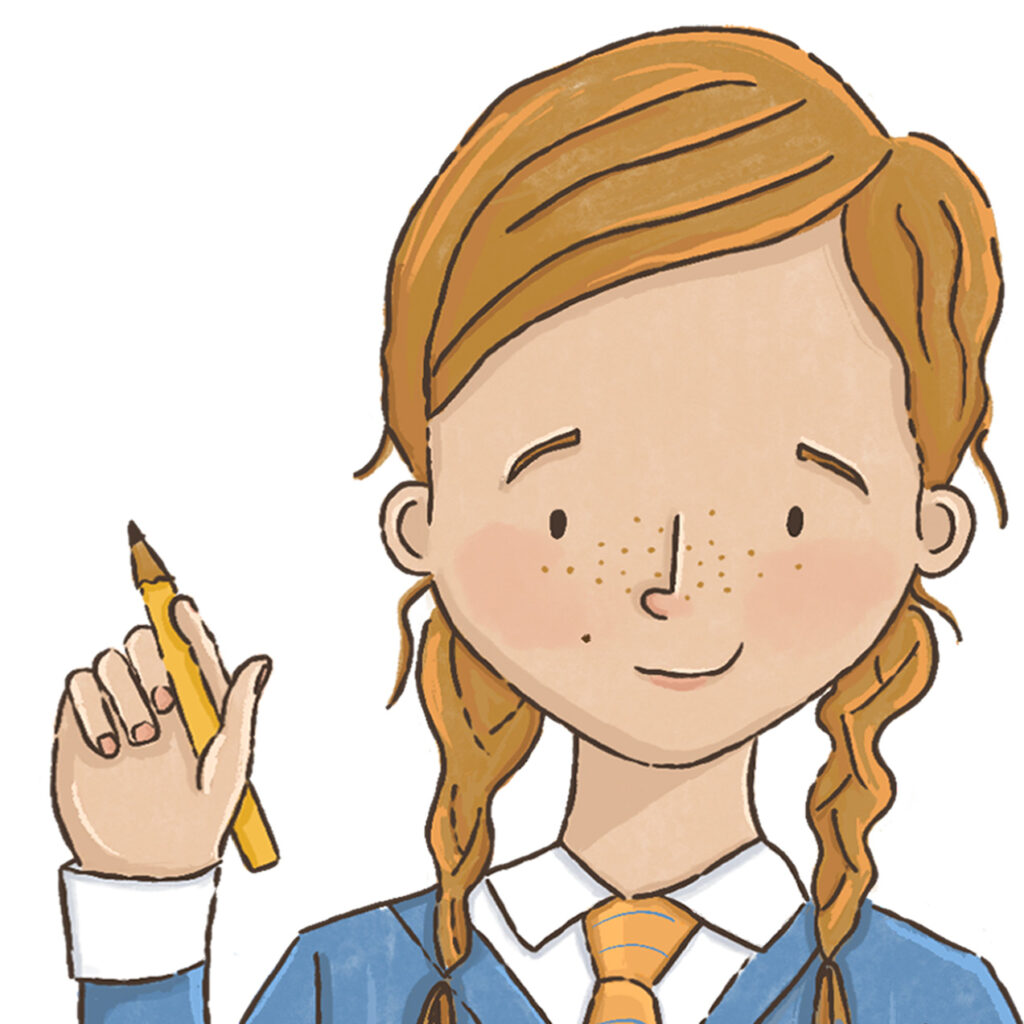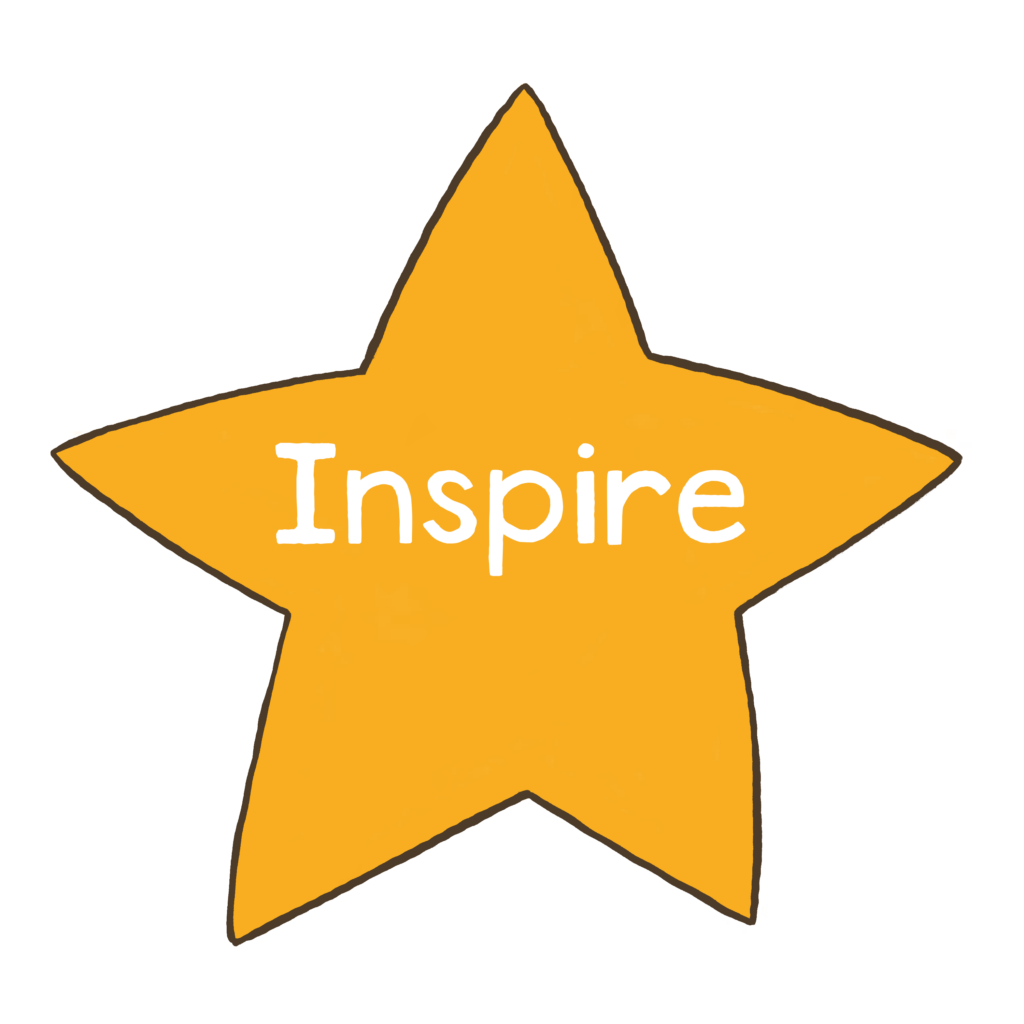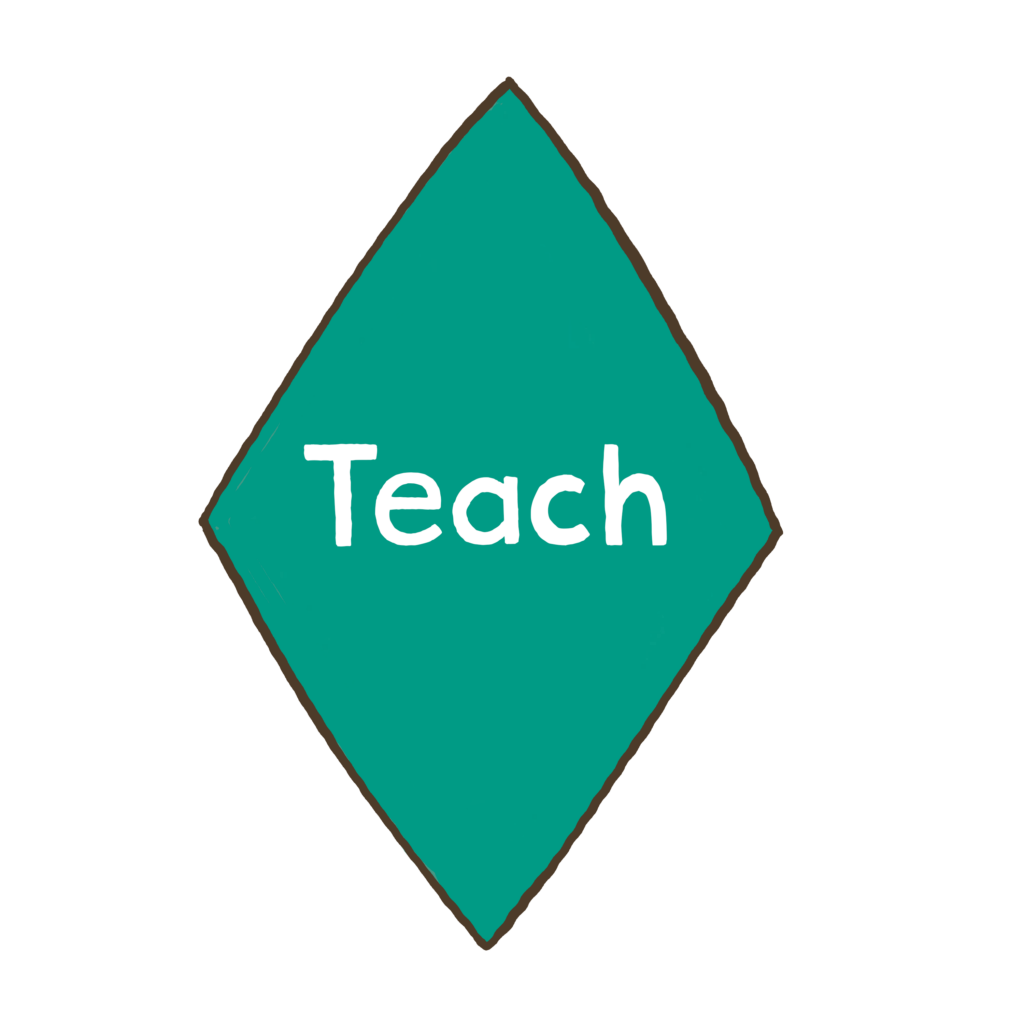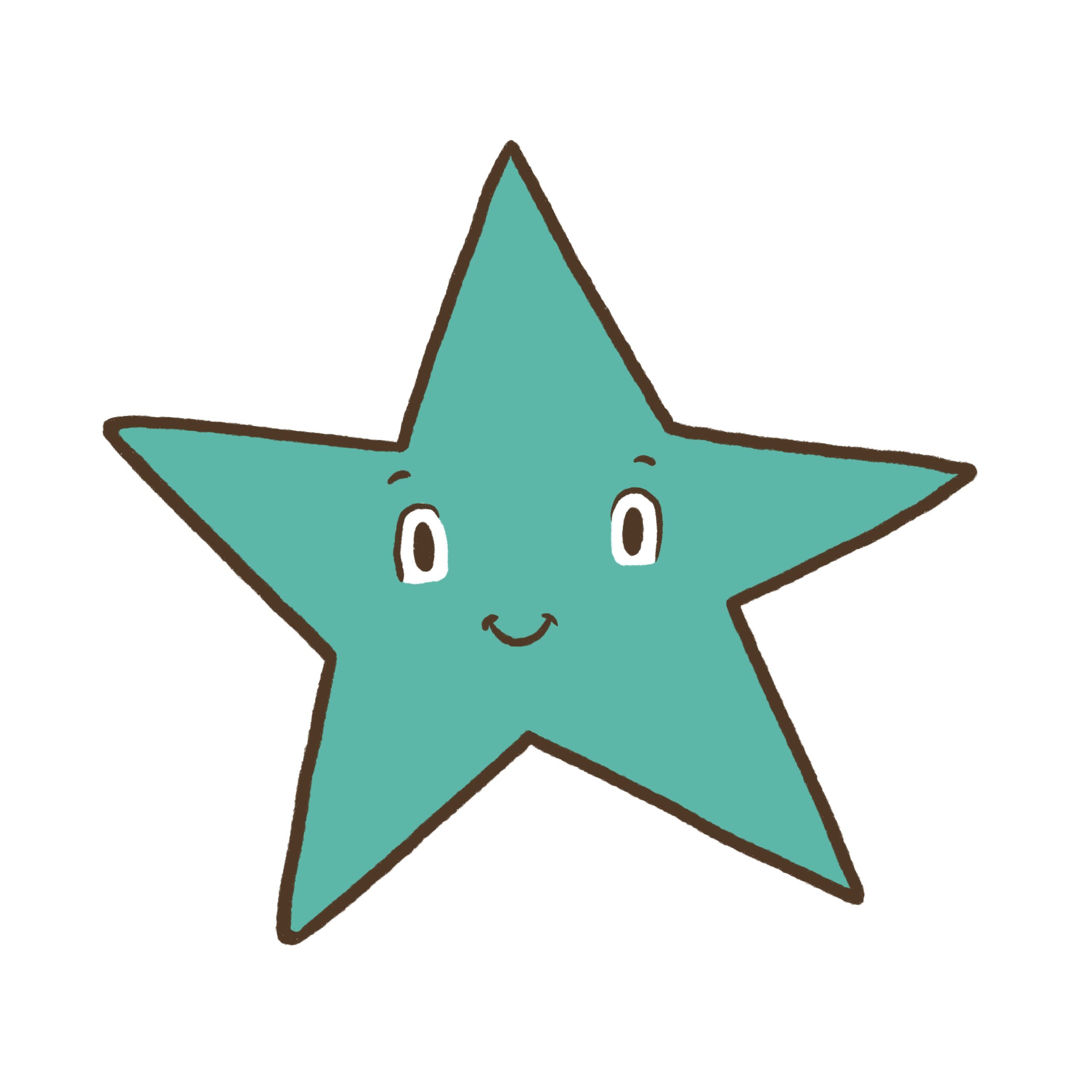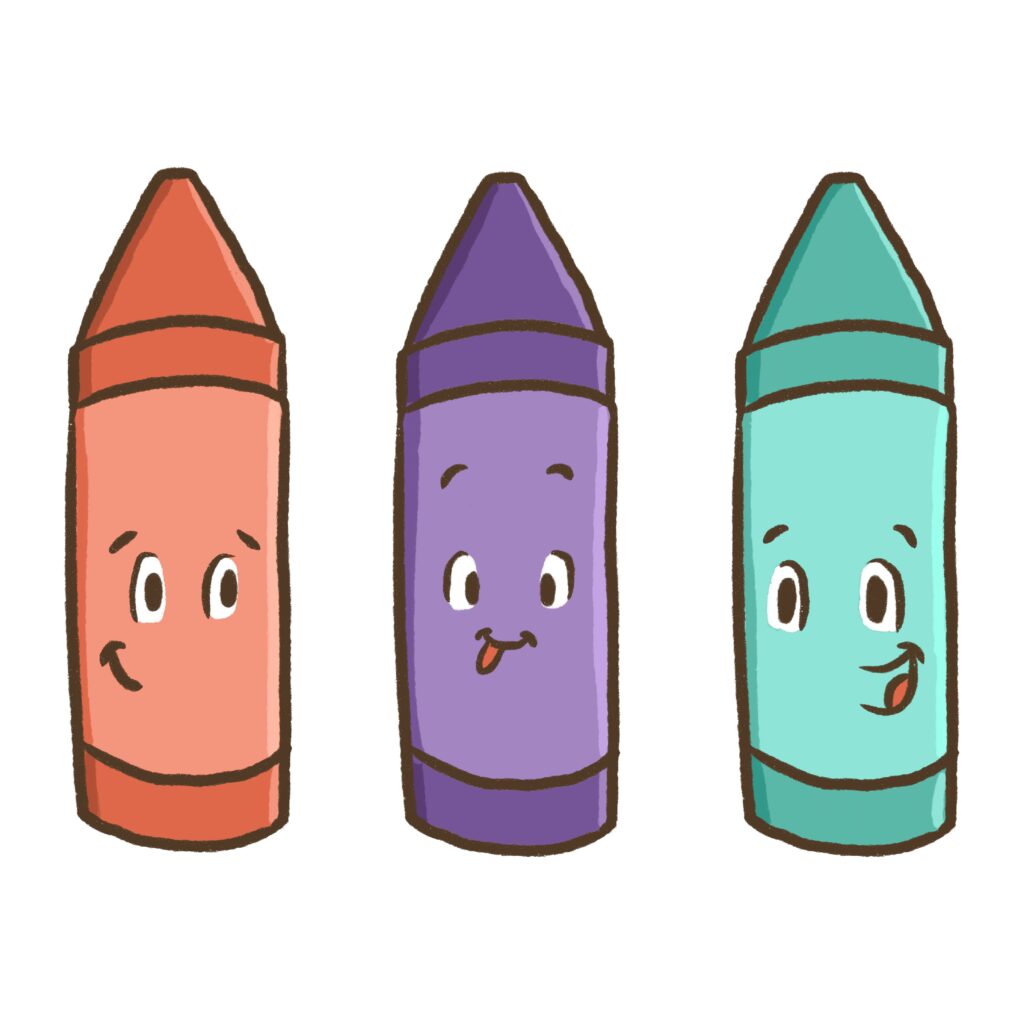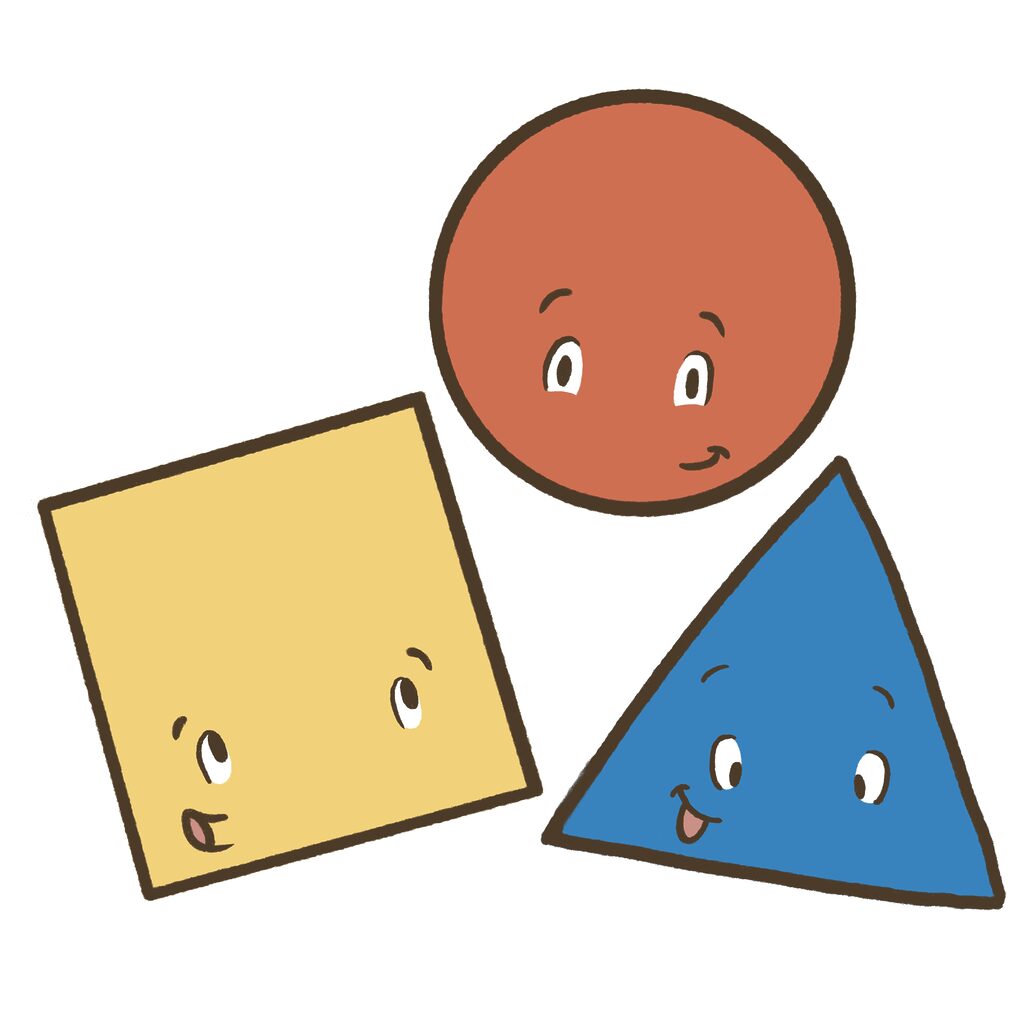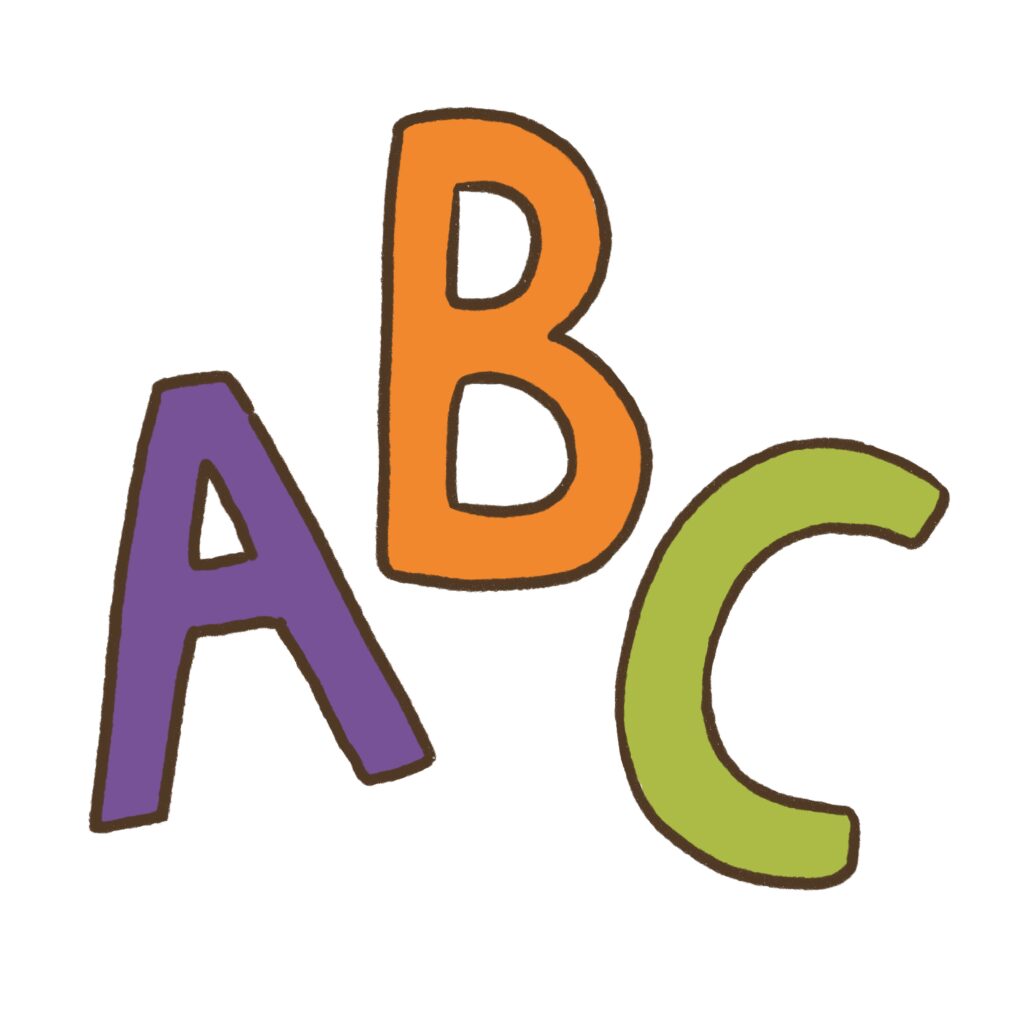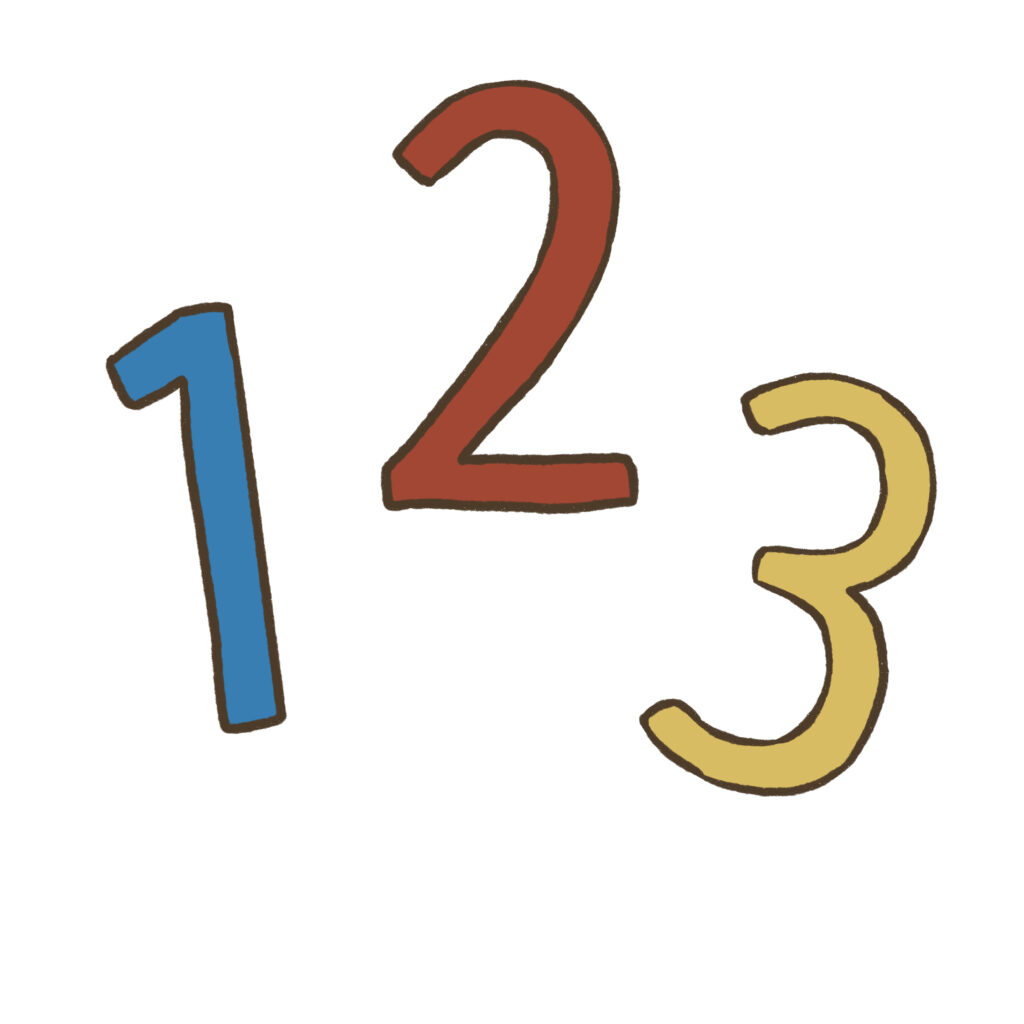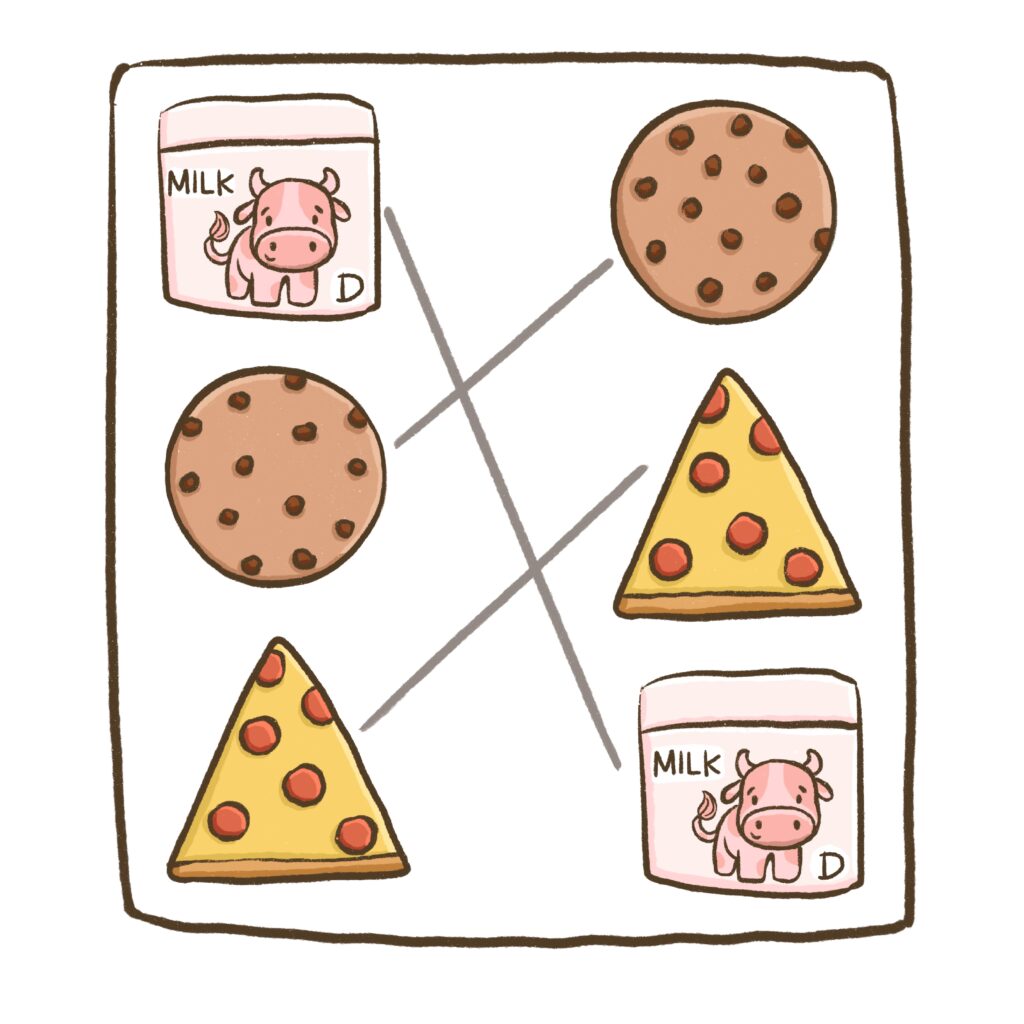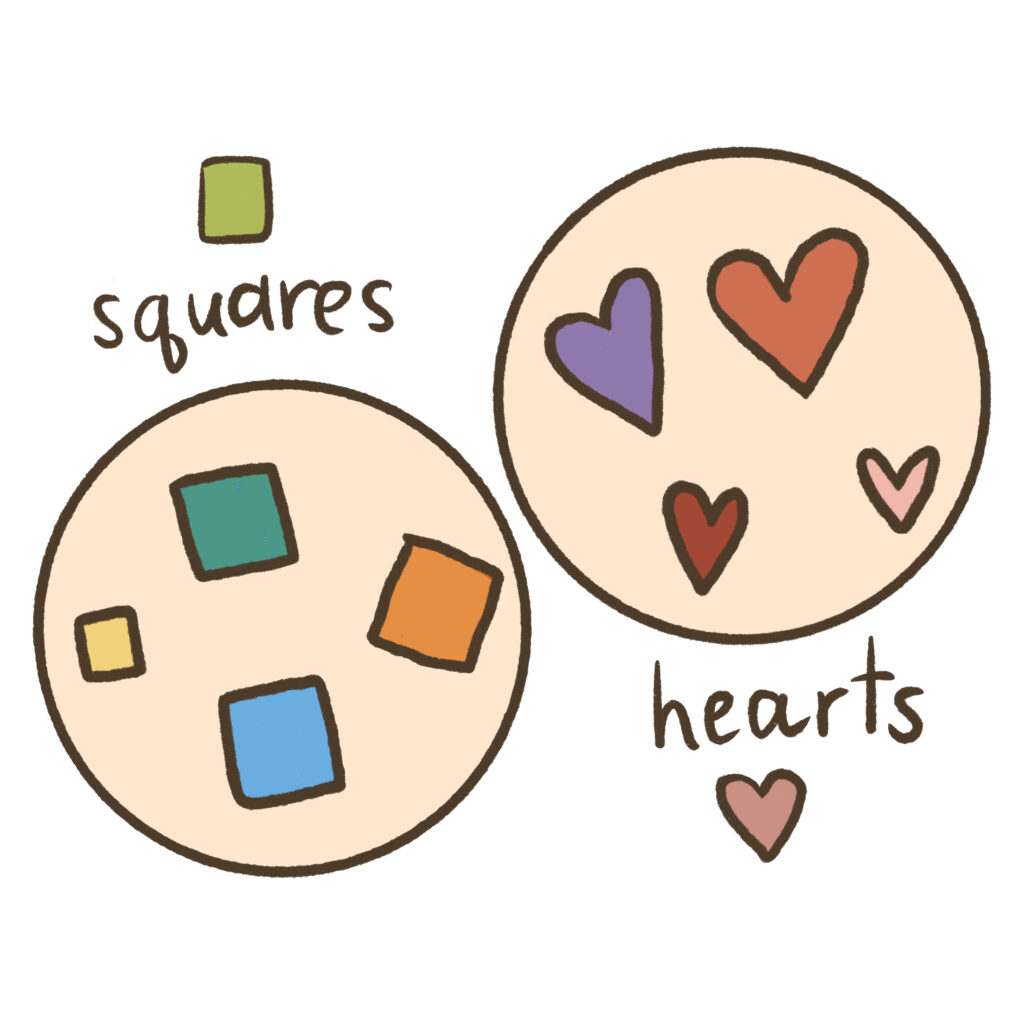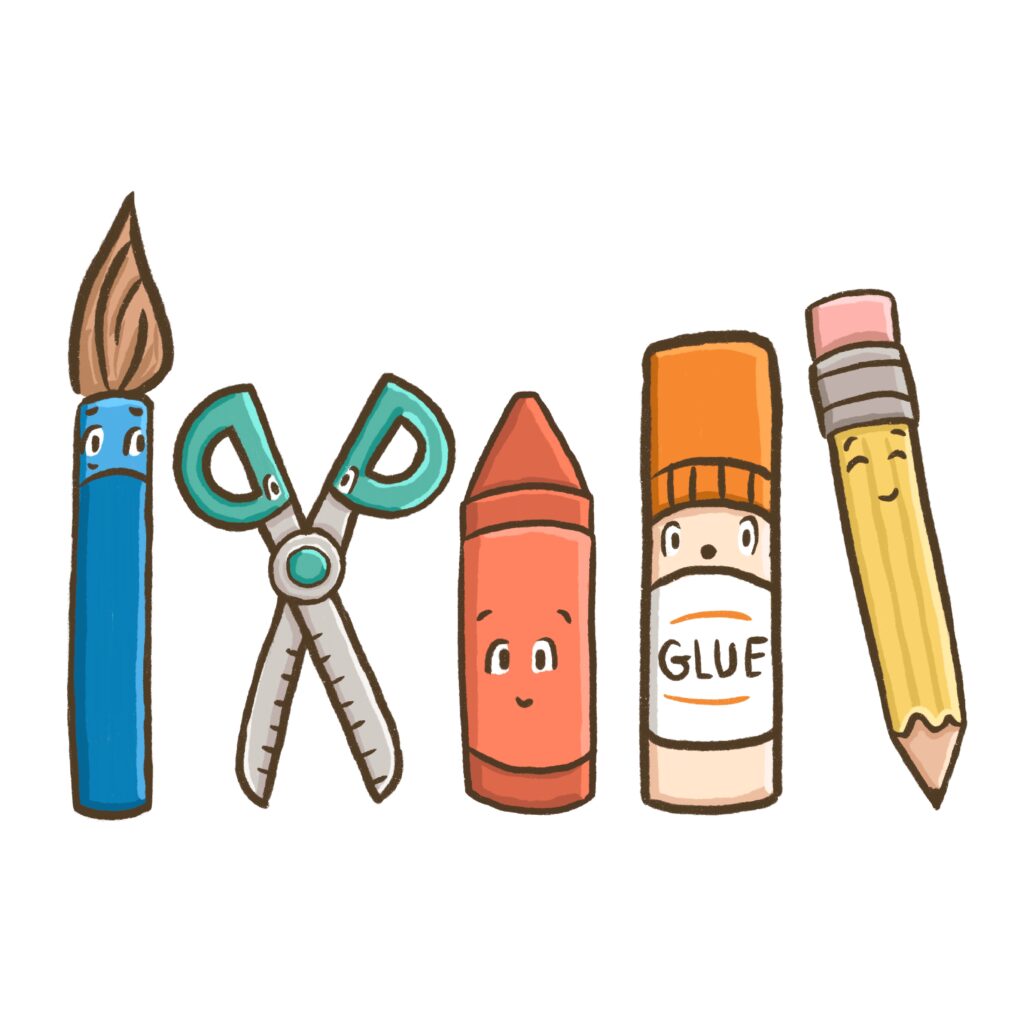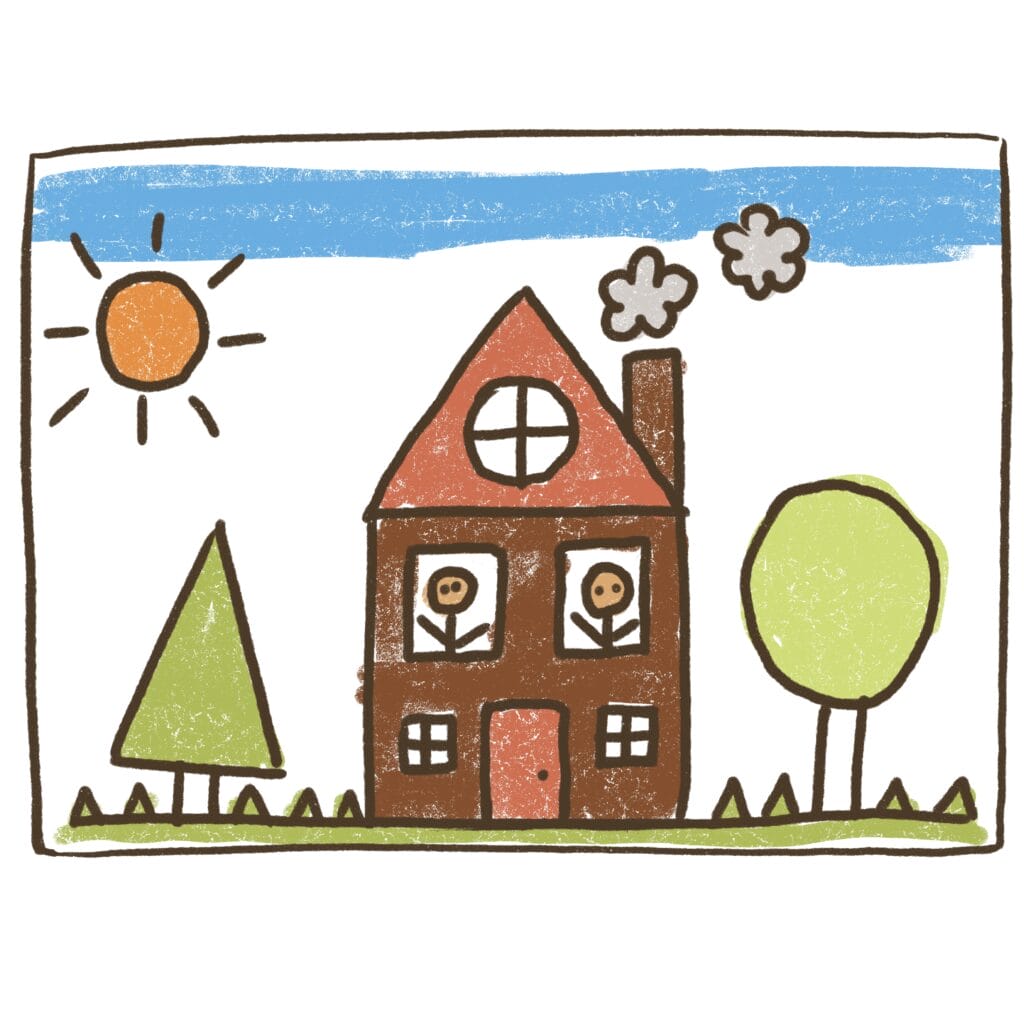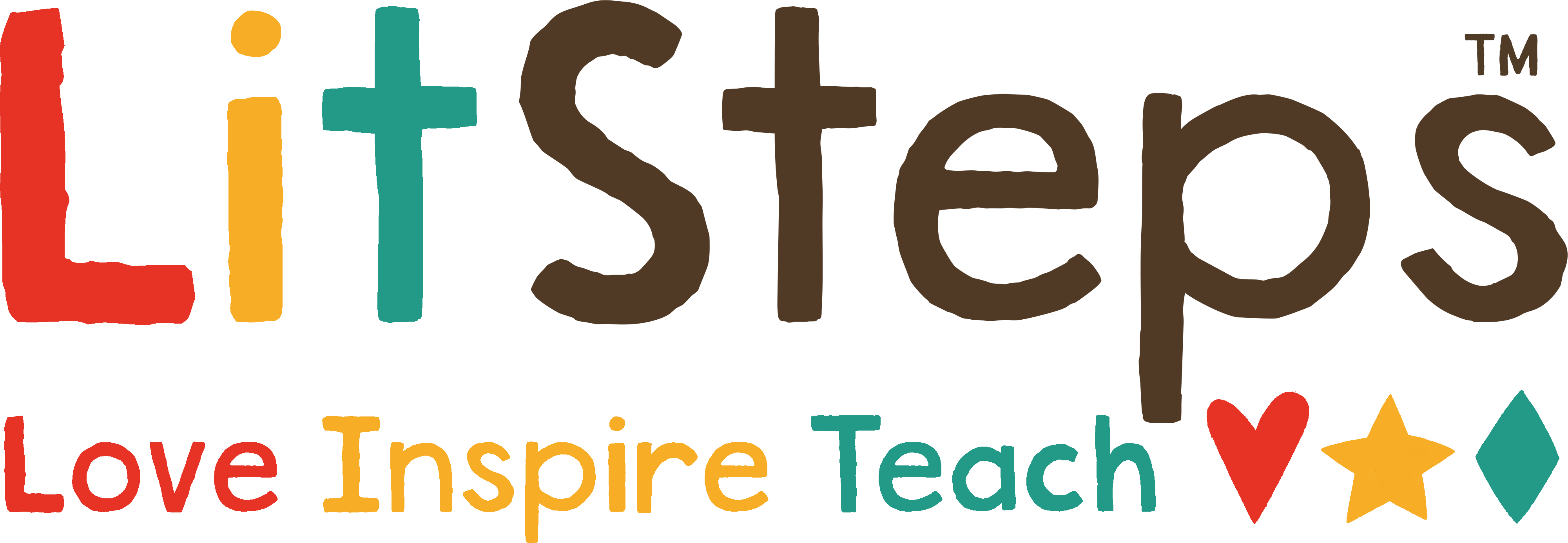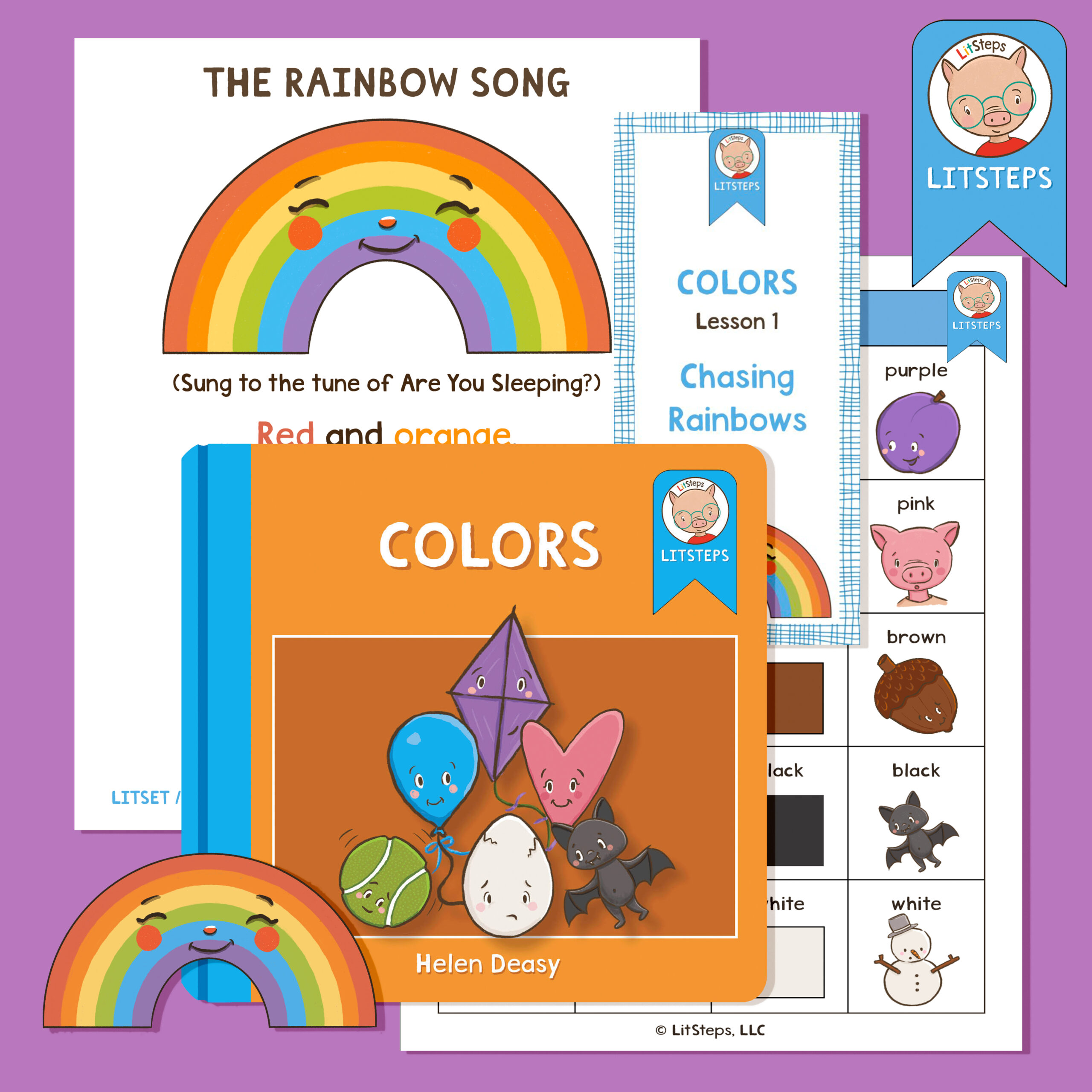
Literacy Skills Guide
Want to give LitSteps Learning a try before you join? Download resources from our Colors Unit for FREE.
Literacy 101
Want to know what your child will encounter on the road to literacy? See the step-by-step guide...
Reading Rituals
Why starting a reading ritual is one of the best gifts you can give your child. And yourself.
Creator
Go behind the scenes with LitSteps' creator, Helen Deasy. Learn why she loves promoting literacy, what inspired her to start LitSteps, and her decades-long journey as a literacy teacher.
Love Languages
Why starting a reading ritual is one of the best gifts you'll ever give your child. And yourself.
Inspiring Your Child
Look for inspirational moments or characters in the stories you read with together. You and your child are the main characters in your stories. Recall the big moments in your own lives.
Teaching Your Child
You have a leading role in the stories your child sees unfolding each day. Play to your audience, and you'll soon be their favorite teacher.
Skills Intro
Want to know what to focus on when working with your child? Here's a rundown of the little steps on their literacy journey.
Colors
Learning to recognize and name colors is an easy place to start. Once your child knows their colors you can play color games with them everywhere you go.
Shapes
Recognizing, naming, and drawing basic shapes is a foundational skill. Shapes are the building blocks to drawing letters, numbers, and objects.
Letters
Your child knows how to sing the Alphabet song. Now what? Making time to help your child with letter and sound recognition will give them the confidence and knowledge they need on the literacy journey.
Numbers
It's common for children to confuse numerals with letters at the outset. And that's ok. It means they are comparing numeric symbols to letters they know. Yay, them!
Matching
Matching objects is similar to sorting. Your child is learning how to categorize objects. Matching milk to milk is one way to answer. But is it wrong to match milk with the cookie?
Sorting
Household objects like toys, finger foods, and craft supplies are great props for sorting and comparing. Sorting is a fun tactile activity for your young child.
Tools
Yikes! Your child just squeezed half a bottle of school glue onto the kitchen table. Glue sticks are better, but they still cause lots of sticky situations. Don't even get us started on scissors and pencil sharpeners...
Making Art
Creative expression is a lifelong skill. If your child conjures up purple bunnies, bubble-breathing dragons, and robotic trees, feed and support their imagination. Ask them to tell you the story behind their scribbles. You'll be astonished by their answers!

